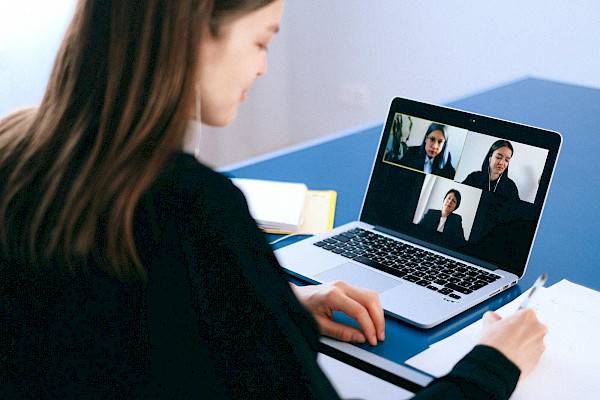Episode transcript The transcript is generated automatically by Podscribe, Sonix, Otter and other electronic transcription services.
Ricardo (4s):
Ricardo (50s):
Ricardo (1m 41s):
Ricardo (2m 23s):
Ricardo (3m 3s):
Ricardo (3m 44s):
Ricardo (4m 29s):
Ricardo (5m 13s):
Ricardo (6m 3s):
Ricardo (6m 45s):
Ricardo (7m 36s):

